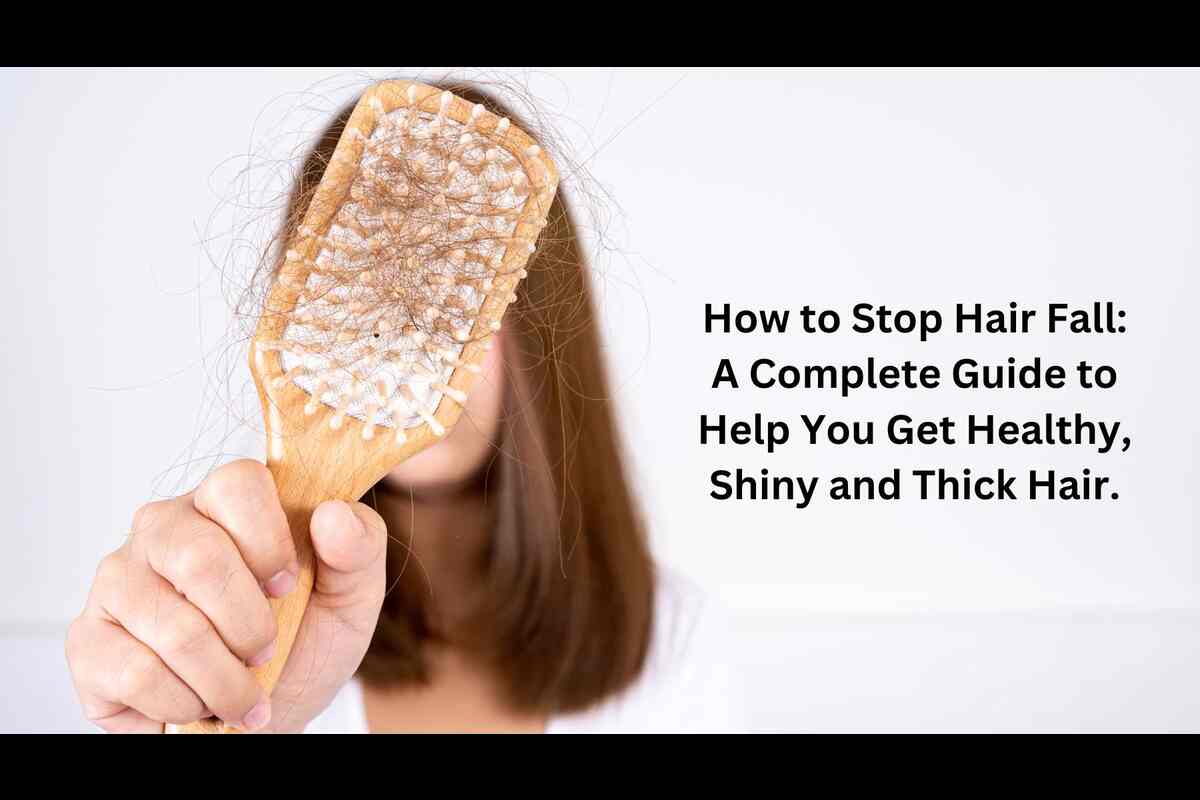Tips For Reducing Hair Loss: The Ultimate Guide

Hair loss is something that people find hard to live with, especially women. Men are expected to go bald at some point, otherwise, it wouldn’t be called ‘male pattern baldness’, but for women, it is embarrassing and stressful, and if anything can make the hair fall out faster it increases stress levels. Even better than being able to stop the hair loss completely, is finding a way to make the hair start growing again.
What Causes Hair Loss
As far as our bodies are concerned hair is a non essential component, which means that if we fall ill, succumb to stress or contract a disease vital nutrients will automatically be diverted away from the hair and sent to the essential organs of the body that need them more.
- Vitamin Deficiency: A lot of premature hair loss is down to a lack of Vitamin D. As a species we are spending the majority of our days inside rather than out in the sunshine, as such bodies are Vitamin D deficient. Vitamin D supplements are available to purchase but by spending more time outside in the sunlight the body can produce it naturally. Research has shown conclusively that hair loss can be attributed to a lack of this vitamin in the body.
- Iron Deficiency: Iron is not only important for your hair is it also important for your skin and nails too. An iron deficiency can cause the hair follicles to shrink which results in your hair thinning.
- Calcium Deficiency: You may think of calcium in terms of your nails, teeth and bones but it is also important for your hair. Calcium deficiency is linked to Vitamin D deficiency as Vitamin D is necessary in the absorption of calcium.
- Stress: Stress and anxiety will result in hair loss which then increases stress and anxiety levels. Hair loss normally occurs up to four months after the period of stress.
- Other factors: Other factors such as insomnia, lactose intolerance and coeliac disease can all result in hair being lost.
Hair Loss Treatment
There are lots of products on the market that claim to restore hair, but they do not come with a guarantee.
- If you notice you are losing more hair than normal, speak to your doctor. Your doctor will be able to prescribe medication to hopefully limit the loss of hair and strengthen what you have.
- Make sure that you are getting all of the vitamins that your body needs in order to grow strong and healthy hair, start taking supplements as this will slow down the rate of loss.
- Ask to be tested for coeliac disease (gluten intolerance) and lactose intolerance, as both conditions limit the amount of vitamins and nutrients that the body can absorb.
- If necessary, change your diet to eliminate gluten and lactose-containing foods.
- Remember that hair loss is a sign that your body is not coping and in need of treatment, your first step should be to reduce stress as much as possible.
Also Read: Feed the Scalp to Treat Thinning Hair